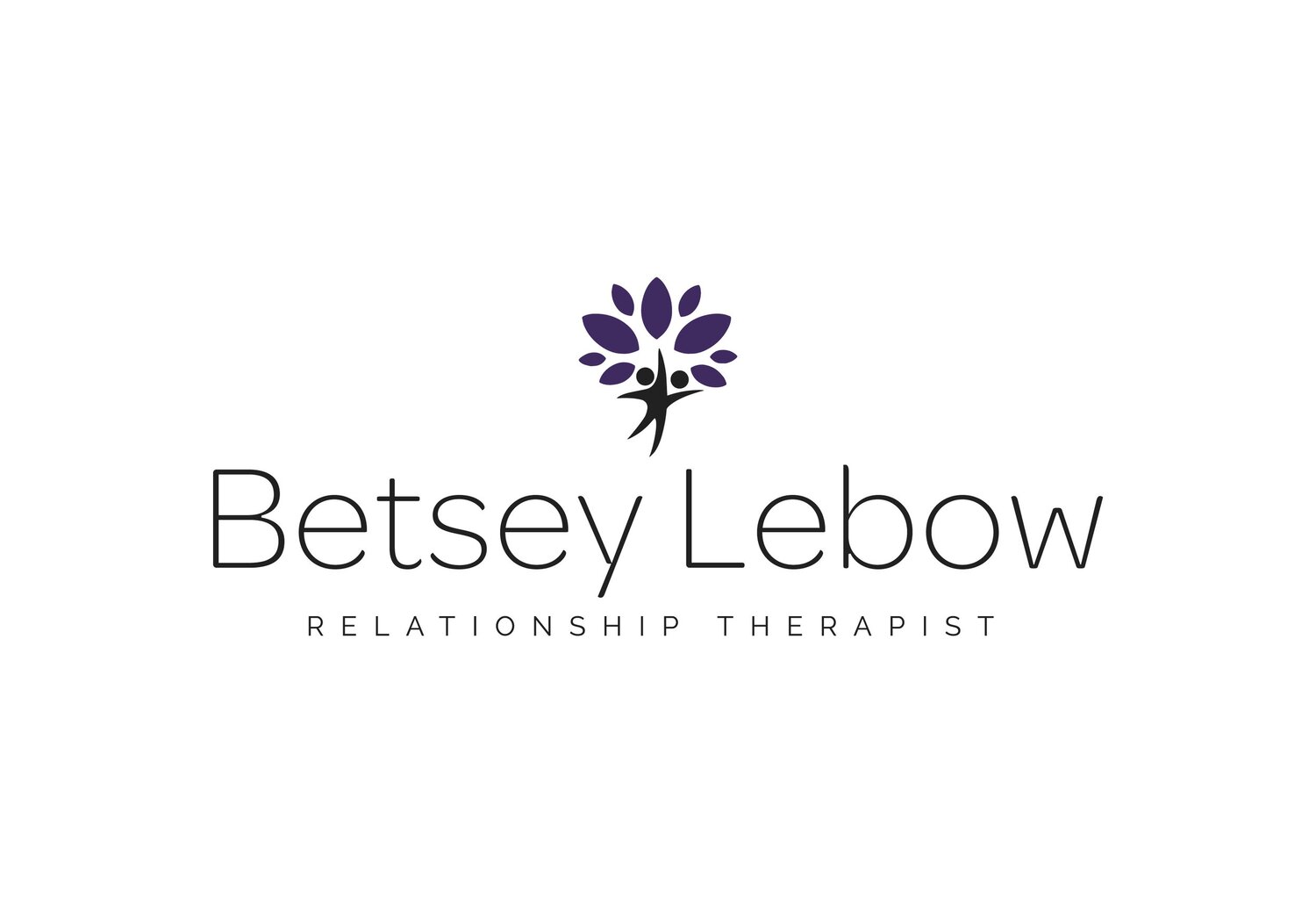Do You Like Valentine's Day?
/We’re in the middle of National Marriage week that ends with a bang on Valentine’s Day.
Interesting juxtapositioning. I say that because from the vantage point of a couples therapist as well as a woman in a marriage that began in 1986, I believe the two have little to do with each other. What?! Isn’t marriage about romance, gifting, and overpriced prix-fixe dinners?
No.
Marriage is about loving another person because it’s one of the reasons we’re on this planet. It’s seeing him or her for who they are...with acceptance. It’s having boundaries that keep the two of you protected within a safe and loving bubble. A bubble into which even the kids (if you have them) are not invited.
According to Gary Chapman, author of “The Five Love Languages” our calling within a marriage is to discover how the other person takes in love, and then do those things - regularly! Does she feel most loved when receiving physical touch or words of affirmation? Does he need gifts or quality time from you to feel all warm and fuzzy? Or for either, is it acts of service that fill him or her up? What’s your love language? Share it. Your partner’s? Learn it.
Now, back to Valentine’s Day: My father always said he preferred a random Tuesday to Valentine’s Day. What did he mean? It’s all about expectations. On a Tuesday at 7pm when your spouse grabs your plate and unexpectedly finishes the dishes, that feels good. Or if he or she unexpectedly looks at you lovingly or longingly, what a welcome surprise! On Valentine’s Day many of us expect to do or feel or receive in a certain way and if it doesn’t come to pass, we can feel disappointed. Not always, but the level of expectation affects how it all plays out.
So, whether it’s National Marriage Week, or Valentine’s Day, or a random Tuesday, I think we can all agree that it feels good to give love as well as receive it. The gestures don’t have to be on-demand with high Holiday expectations attached, they can simply be authentic to your unique relationship.

